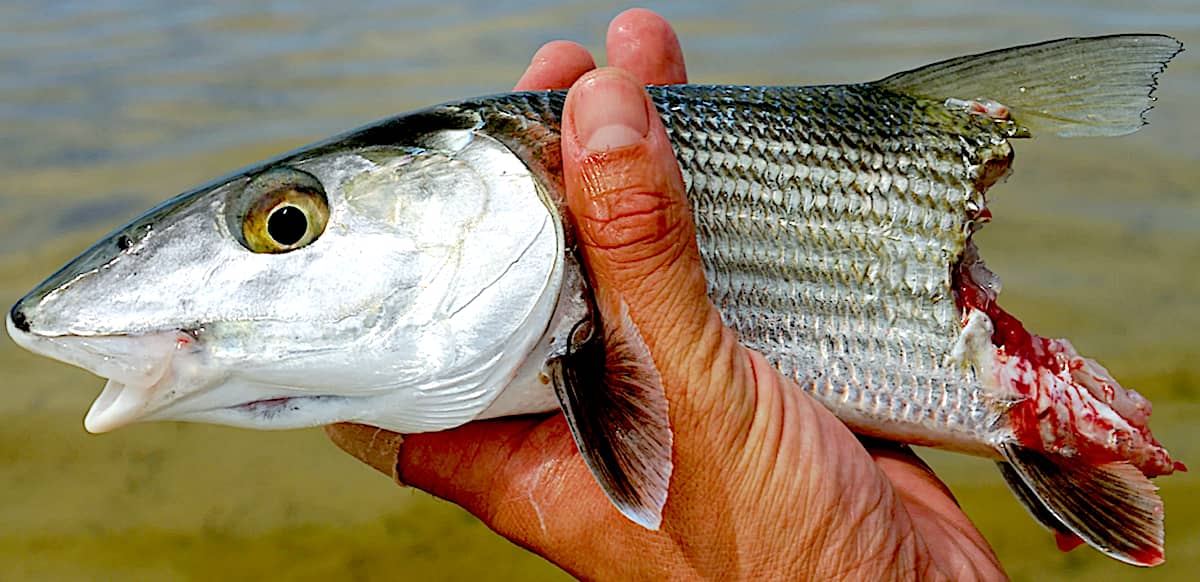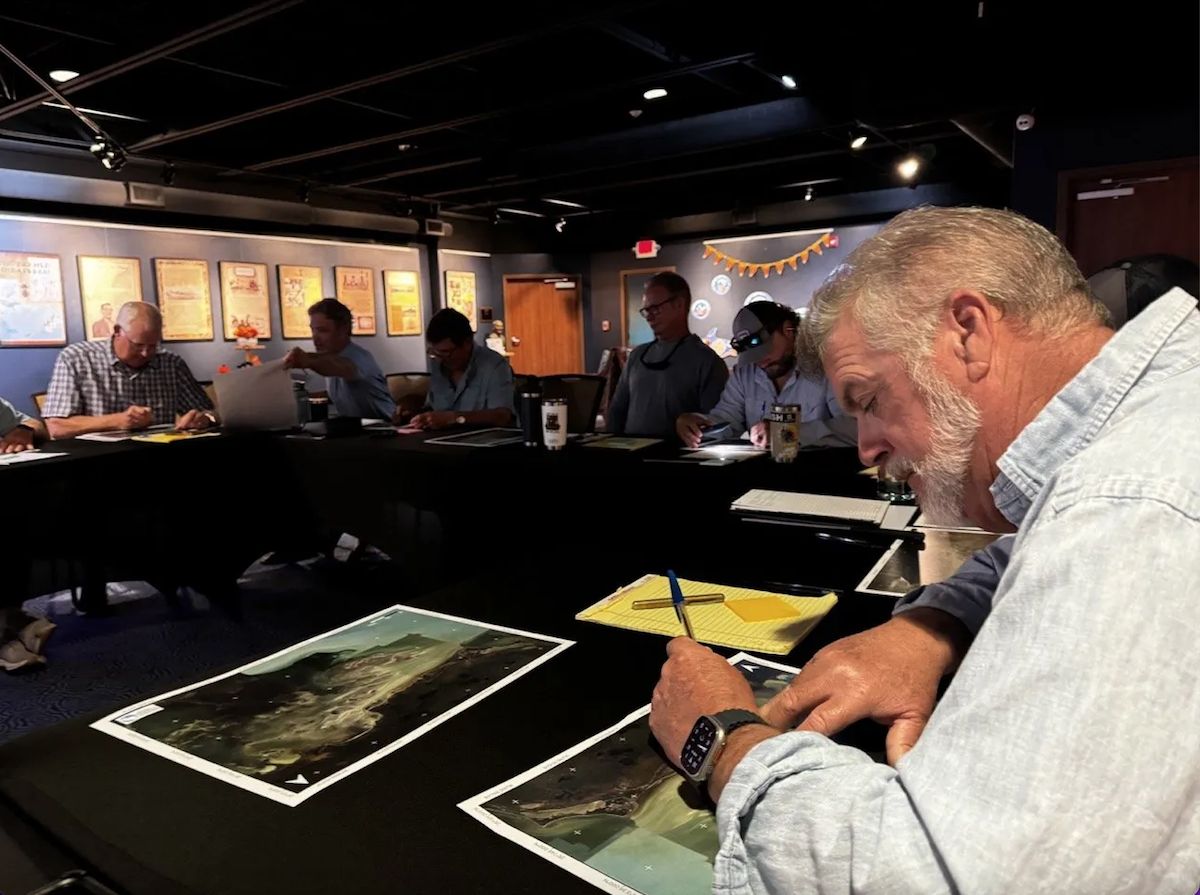Keith Lusher 11.19.24


In keeping with constitution guides and anglers who fish the Florida Keys, the variety of occasions they arrive into contact with sharks consuming their catch is growing. The issues replicate these of many anglers throughout the Gulf Coast who’re witnessing shark depredation greater than of earlier years.


The findings end result from current analysis from the Bonefish & Tarpon Belief whose said purpose is to determine methods for sharks and anglers to coexist inside a wholesome flats fishery.
Anglers and guides inform BTT that they’re rising increasingly pissed off by sharks which might be taking hooked fish or devouring fish which were launched.
BTT launched the Florida Keys Shark Depredation Mission within the fall of 2024. The examine started with a survey of anglers who fish the inshore areas from Biscayne Bay south to Key West and west to Florida Bay and the Everglades.
After the survey, BTT researchers performed a workshop with these anglers in an effort to map the areas the place they noticed essentially the most shark interactions.
Their findings present a gradual improve in shark depredation over the previous ten years, with a marked inflection level round 2014-2015, when charges rose sharply. Nowadays, purple drum and snook are the flats fish species depredated most, with Lemon sharks being accountable for essentially the most altercations. These findings, along with the high-depredation places supplied by guides, will inform the subsequent part of the mission: BTT researchers working within the area to review shark conduct, food plan, and motion to get a greater deal with on what has induced the rise in shark-angler interactions.

BTT plans to work with anglers and useful resource managers to deploy science-backed options to minimize shark depredation within the Keys. BTT helps the SHARKED Act, a invoice that might create a process power of specialists to handle the depredation downside nationwide.
We’re enormously grateful to the anglers and guides who’ve participated on this mission. Your data and willingness to take a position effort and time into enhancing the useful resource is important to BTT’s scientific method to conservation.

